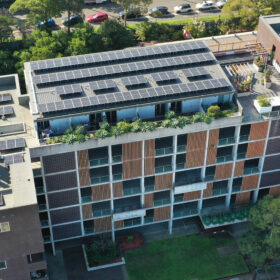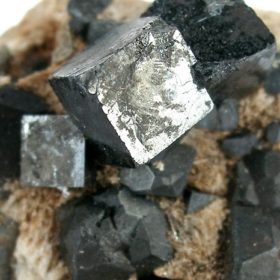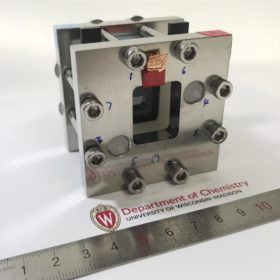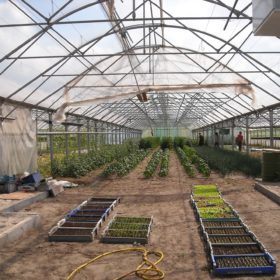Floating photovoltaics may significantly reduce water evaporation at Aswan dam
The Aswan High Dam Reservoir is one of the world’s largest water reservoir and suffers from high water evaporation rates due to the region’s very hot and dry climate. Floating PV installations may be a remedy, while also offering a good match for hydropower generation.
Weekend Read: Gray skies over Californian solar
There may be a global solar boom but a drastic revision of California’s net metering program has ruptured the industry overnight and is affecting everyone from installers to financiers to makers of power electronics.
The Hydrogen Stream: Germany mulls Namibian hydrogen investment
The German government has confirmed the suitability of Hyphen’s hydrogen project in Namibia for potential investment, while Topsoe has completed a 2,000-hour demonstration of 12 solid oxide electrolyzer cell (SOEC) stacks.
A simple way to bring solar to multi-family apartments
Offering solar savings to apartment dwellers, and particularly renters, is not a simple task – as low take-up in Germany has demonstrated. Mel Bergsneider, from Australian startup Allume Energy, explains how a product offered by her company could change all that.
Bifacial perovskite solar cells may become more eco friendly than crystalline ones
A US study has suggested the raised energy yield of bifacial perovskite devices effectively means they could have a lower environmental impact than conventional crystalline cells. The researchers considered single-junction cells with high and low bandgaps and similar, multi-junction devices with two and four-terminal structures.
Redox flow battery powered by perovskite solar cells
An international team has developed an integrated solar flow battery which has been suggested as ideal for off-grid locations. The device, which combines energy conversion and storage in one unit, can be used for lighting and recharging cell phones.
Greening greenhouses with organic PV
Semi-transparent organic solar cells can reduce the carbon footprint and raise the crop yield of greenhouses while acting as generators and insulation. Scientists in the U.S. say greenhouses equipped with organic cells could be energy self-sufficient year round in hot and moderate-humidity climates.







